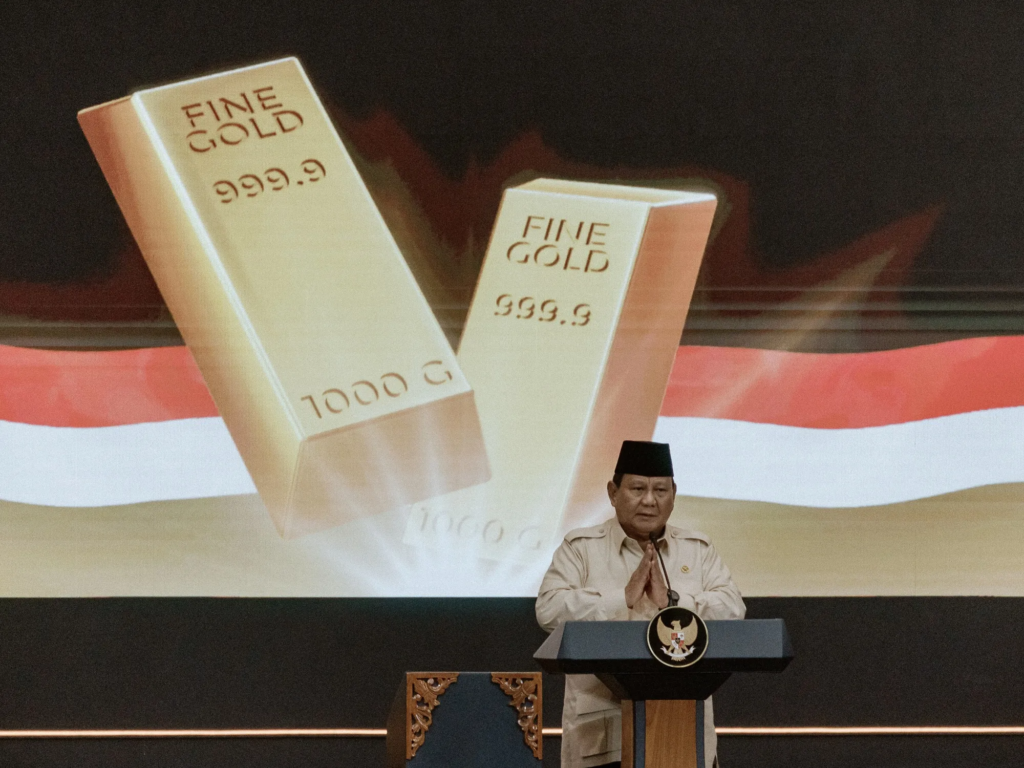Indonesia’s, Southeast Asia’s largest economy, is undergoing a major transformation. With a fresh focus on long-term investment, sustainability, national defense, and innovation, the country is reassessing its economic and military strategies. These shifts are not only reshaping Indonesia’s internal landscape but also creating new doors for global partners — especially for businesses from the United States.
President Joko Widodo, known widely as Jokowi, is leading this pivot. His government’s plans for economic resilience and defense modernization are being viewed as a strategic opportunity by U.S. investors and defense contractors alike.
The Vision: A Stronger, Independent Indonesia
Indonesia’s new economic agenda is rooted in reducing dependence on raw material exports and building local industry. The country, which has long relied on exporting commodities like coal and palm oil, is now investing in infrastructure, clean energy, and digital transformation. This shift is aligned with Indonesia’s Vision 2045 plan, which aims to become one of the world’s top five economies by 2045.

This economic transition requires massive support from global partners in sectors such as clean tech, digital infrastructure, manufacturing, and education — areas where U.S. companies already have deep expertise.
Reimagining Defense: Rising Regional Tensions and Strategic Needs
Indonesia’s military modernization is not just about replacing old equipment. It’s a calculated response to rising regional tensions in the South China Sea and an effort to improve national resilience. The government has increased its defense budget by more than 20% in the past year and is actively seeking foreign partnerships to upgrade its naval, air, and cyber defense capabilities.
This reassessment creates unique opportunities for American defense companies to offer advanced technologies, training programs, and intelligence-sharing systems. As the U.S. strengthens its Indo-Pacific strategy, supporting Indonesia’s defense goals aligns with broader strategic interests.
The U.S. Department of Defense recently reaffirmed its commitment to working with Indonesia on regional security, which includes expanding joint military exercises and cyber defense training. This ongoing cooperation presents a clear path for American defense firms to expand their presence in Southeast Asia.
Clean Energy and Tech: U.S. Leads the Way
Indonesia’s shift to a greener economy is another area ripe for American involvement. The country has pledged to reach net-zero emissions by 2060 and is prioritizing renewable energy development. Solar, wind, and especially geothermal energy are receiving heavy government investment.
Companies from the U.S. specializing in renewable energy, battery technology, and grid management systems are already showing interest. Firms like Tesla have been in talks with the Indonesian government about potential lithium and nickel supply deals, with an eye on building battery production facilities. Read more about Tesla’s interest in Indonesia
In addition, digitalization is a key pillar in Indonesia’s economic reset. As one of the fastest-growing internet economies in the world, the country is looking to enhance cybersecurity, digital literacy, and connectivity. U.S.-based companies like Google, Amazon Web Services (AWS), and Microsoft have all expanded operations in Indonesia, offering cloud services and local data centers.
This surge in tech investment opens up room for U.S. startups and mid-sized tech firms to explore collaborations in AI, fintech, and health tech in Indonesia.
Trade and Tax Reforms to Attract Foreign Investment
Indonesia’s economic reset also includes a broad set of policy reforms aimed at attracting foreign investors. Recent changes in tax laws, import-export policies, and ease of doing business are seen as pro-investor.
The government has launched the “Omnibus Law,” a regulatory overhaul that simplifies over 70 laws, making it easier for foreign companies to operate in the country. According to the World Bank, these reforms could increase Indonesia’s foreign direct investment (FDI) significantly in the next five years.

This policy clarity and investor-friendly environment could help U.S. businesses find less red tape, more transparency, and faster market entry compared to previous years.
Strategic Location and Global Connectivity
Located between the Indian and Pacific Oceans, Indonesia is uniquely positioned as a trade gateway between Asia and the West. Its archipelago of over 17,000 islands connects vital sea routes that are crucial for global trade.
American logistics and shipping companies stand to benefit by investing in Indonesian ports and supply chain infrastructure. In 2024, Indonesia opened its first “smart port” in East Java, and there are plans to build more with smart logistics technologies. Read more about Indonesia’s port modernization strategy
Human Capital and Education
Indonesia’s large, young, and tech-savvy population offers a strong base for skilled labor. However, there is still a significant need for advanced training and education. U.S. universities and edtech companies can help fill this gap by forming academic partnerships and launching certification programs, especially in engineering, cybersecurity, healthcare, and business.
What U.S. Companies Should Consider
While the Indonesian government is making impressive reforms, there are still challenges for U.S. businesses, including navigating bureaucratic processes, understanding local culture, and ensuring compliance with changing regulations. Companies must also account for Indonesia’s vast geographic diversity, which can affect supply chains and regional operations.
However, with the right strategy and local partnerships, these challenges can be turned into advantages.
Conclusion: Time is Right for American Business in Indonesia
Indonesia’s economic reset and defense reassessment signal a new chapter in the nation’s growth. With ambitious reforms, rising geopolitical significance, and openness to international collaboration, the country presents a rare opportunity for U.S. businesses.
From defense and tech to clean energy and education, American firms have the tools, experience, and innovation to become long-term partners in Indonesia’s transformation. For those looking to expand in Asia, now is the time to act.
Also Read – AI vs. Media Giants: Toronto’s Cohere Pushes for Lawsuit Dismissal in U.S. Court






